This is a type of leather known for its soft, fuzzy surface. It comes from the underside of animal hides, most often from lamb, goat, calf, or deer. It has a napped texture that feels velvety to the touch.
Fashion brands love suede for its natural elegance and comfortable feel. Though it's not as tough as full-grain leather, suede offers a lightweight, flexible option for a range of products from jackets to boots and handbags.
How Is Suede Made?
Creating suede starts with selecting quality animal hides. Once chosen, the top grain of the hide is separated, leaving the underside exposed. This layer is then buffed and sanded to raise the nap and produce that signature softness.
After the surface is treated, it's dyed in various shades to suit fashion or décor needs. Some hides may undergo additional finishes to enhance water resistance or texture durability. The final result is a smooth, supple material ready for stylish use.
Characteristics of Suede
Suede stands out for its texture and appearance, but it also has several distinct features:
-
Soft texture: The napped surface gives suede its unique feel.
-
Matte finish: Unlike glossy leathers, suede absorbs light, offering a more understated look.
-
Lightweight: Its thinner profile makes it suitable for layering and draping.
-
Breathable: Suede allows airflow, which adds to its comfort when worn.
-
Delicate surface: Its open texture can trap dust and stains easily.
Different Types of Suede
Not all suede is created equal. The animal source affects the softness, texture, and strength:
-
Sheepskin Suede: Soft, smooth, and ideal for lightweight garments.
-
Cowhide Suede: Thicker and tougher with a more pronounced texture.
-
Pigskin Suede: Dense and durable, often used in shoes and accessories.
-
Deerskin Suede: Strong yet pliable, great for gloves and outerwear.
Each type has its benefits, depending on how it's used—softer hides work better for clothing, while denser hides offer longer wear in accessories.
Advantages and Disadvantages of Suede
Advantages:
-
Aesthetic Appeal: Its velvety finish adds luxury to any item.
-
Comfort: The breathable structure keeps clothing cosy.
-
Versatility: Perfect for fashion, home décor, and accessories.
-
Flexible: Easily shapes into various designs and styles.
Disadvantages:
-
Not Waterproof: Suede absorbs moisture quickly, which can cause stains.
-
High Maintenance: Requires regular cleaning and care.
-
Less Durable: It wears down faster than standard leather, especially in harsh conditions.
-
Stain-Prone: Dirt and oils cling to the open fibre surface.
Difference Between Microsuede and Suede
Microsuede is a synthetic alternative made from polyester fibres. It mimics the texture of real suede but offers enhanced durability and easier maintenance.
|
Feature |
Suede |
Microsuede |
|
Material |
Animal hide |
Polyester (synthetic) |
|
Texture |
Soft, natural nap |
Smooth, consistent finish |
|
Durability |
Prone to wear |
More resistant to stains |
|
Cleaning |
Needs careful handling |
Easy to clean with water |
|
Use in décor |
High-end appeal |
Family-friendly and practical |
Caring Tips for Suede Leather
Keeping suede in good condition takes a bit of effort. Here's how to extend its life:
-
Brush regularly: Use a soft-bristled suede brush to lift dirt and revive the nap.
-
Treat stains early: Blot liquid spills immediately; use a suede eraser for dry marks.
-
Avoid moisture: Keep suede away from rain or humidity to prevent damage.
-
Use protectants: Apply suede-specific water-repellent sprays for added defence.
-
Store properly: Keep items in breathable cloth bags in a cool, dark place.
Conclusion
Suede brings timeless charm to both fashion and interior design. Its luxurious texture, versatile uses, and soft comfort make it a standout material. While it does require special care, the effort pays off in style and longevity.


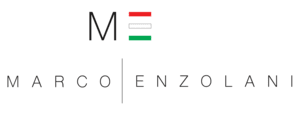
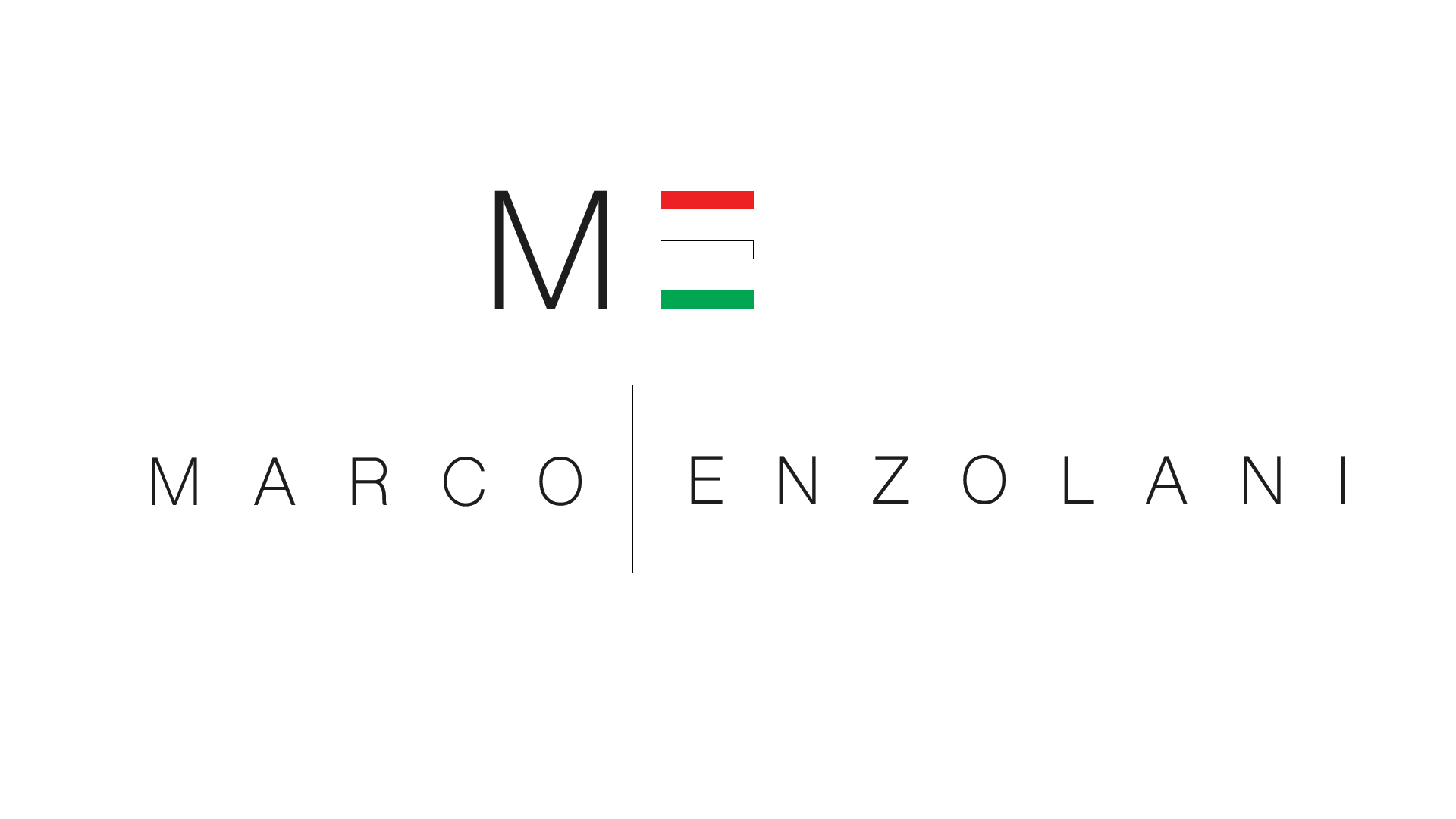









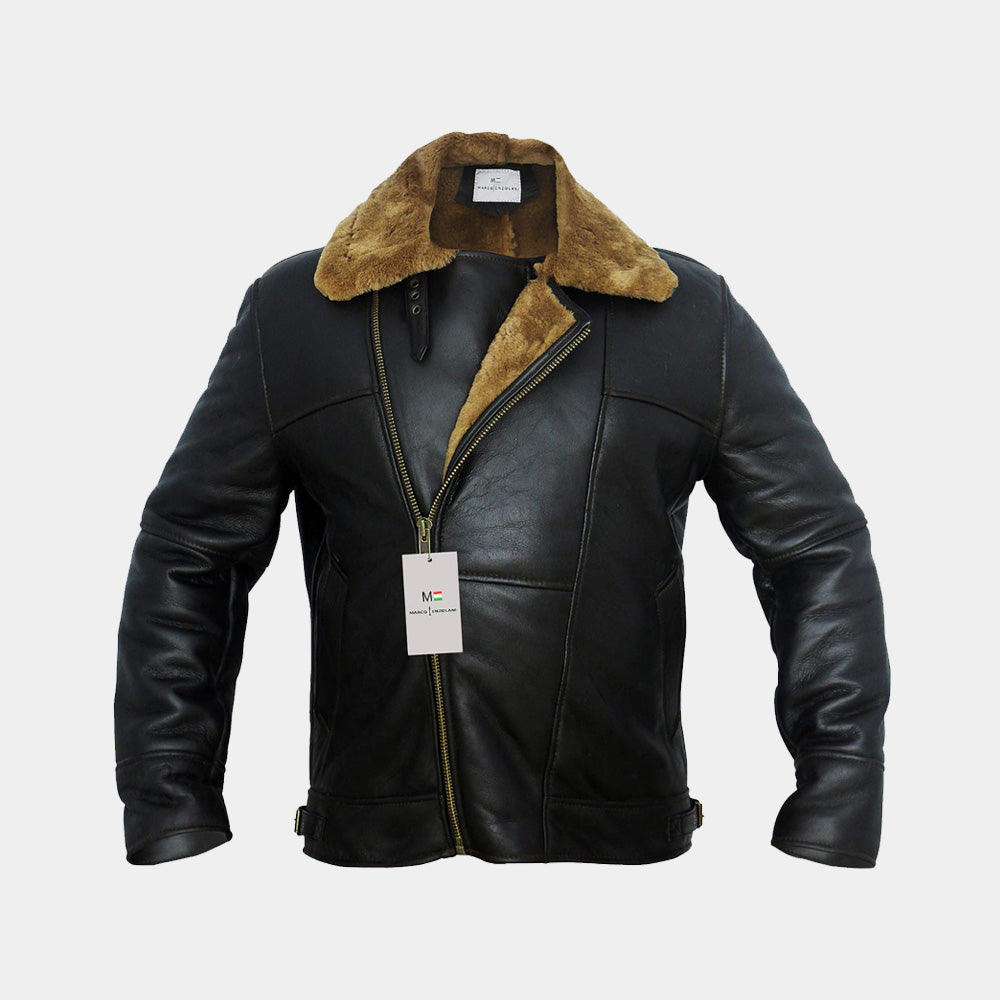













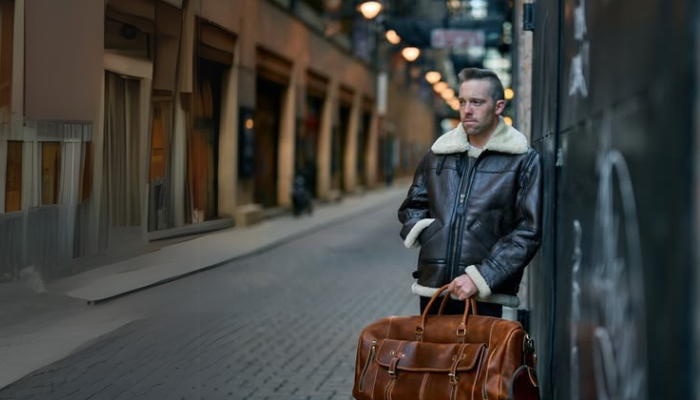
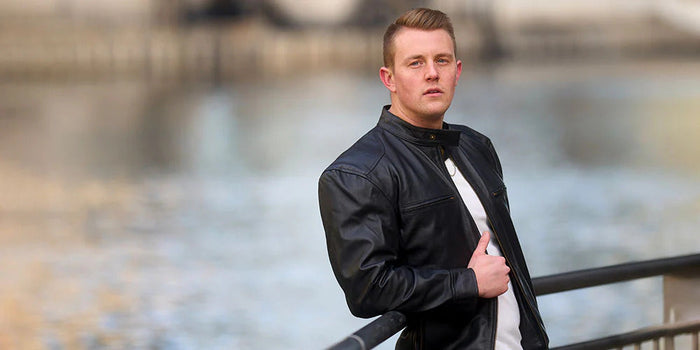

Leave a comment
This site is protected by hCaptcha and the hCaptcha Privacy Policy and Terms of Service apply.